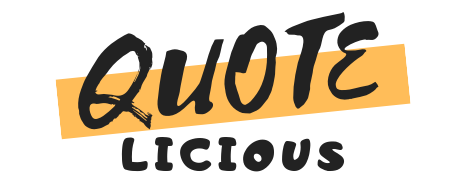An Introduction to THCV for Beginners
What is THCV?
Tetrahydrocannabivarin, or THCV, was discovered in the 1970s and has a similar molecular structure to THC. THCV is unique because it has a wide range of effects, which sets it apart from other cannabinoids.
THCV can be found in hemp and cannabis flowers as a minor cannabinoid.
THC-V Wholesale
This amazing compound is useful and rare. It has an uplifting effect that will benefit your clients. CannaAid provides bulk THCV products and can also assist companies such as yours with sourcing and setting up their product lines. You will enjoy low prices and high-quality THCV products. Your success is our goal. CannaAid can help you succeed.
What’s the difference between THC & THCV?
Although the THCV molecule appears very similar to THC at first glance, their relationship is only superficial.
Although it may not make a big difference, THC’s longer hydrocarbon chains give this compound a stronger binding affinity with CB1 cannabinoid receivers. The central nervous system contains CB1 receptors. THC produces strong psychoactive effects through CB1 binding.
THCV and THC also have completely different chemical pathways or parent molecules. In the presence of heat, oxygen, or sunlight, THCA, or tetrahydrocannabinolic acid, produces THC, while THCVA, an acidic precursor, produces THCV.
Although research into the therapeutic and potential benefits of THCV is still in its infancy, preclinical evidence suggests that these compounds have unique effects on our endocannabinoid system, resulting in entirely new effects. To get more detailed information about THCV, visit CannaAid.
Is THCV psychoactive?
THCV, despite having a lower binding ability to CB1 receptors in the brain, is still a psychoactive substance. Its intoxication ability is more like THC than CBN because it can only activate CB1 receptors at high doses. THCV produces intoxicating effects that are similar to THC.
It is interesting to note that THCV can block or inhibit some of the effects of THC at lower doses. A human study of ten cannabis users found that THCV had some impact on THC. This included delayed recall and an increase in heart rate. It also appeared to potentiate other effects, so more research is required to determine THCV’s exact mechanism.
Is THCV legal?
The legal status for THCV is complex to say the very least. The 2018 Hemp Farming Act makes it legal to buy THCV if it is derived from hemp. Tetrahydrocannabinol (all types of THC) have been banned outright in some states, so check local laws before buying.
The Federal Analog Act is another aspect that places THCV in a legal grey area. It refers to a substance yet to be scheduled, with a chemical structure that has an effect on humans and a chemical composition that is comparable enough to a controlled drug that it is treated as such.
Due to structural similarities to delta-9 THC, THCV and other “new” forms of THC (delta 8 delta 10 and THC-O), are under scrutiny. THCV is deemed substantially different enough from other tetrahydrocannabinol that the Analog Act does not apply to it.
Benefits and effects of THCV
THCV’s psychoactive effects are less than THC. You won’t feel anything just because you won’t feel any. Your tolerance to THC and the dose you take may influence how much intoxication you experience.
THC is a popular ingredient in the medical cannabis community. However, early evidence suggests that THCV could also be an appetite suppressant. THCV is often referred to as “diet weed.” THCV is often promoted to people who want more energy and motivation, making it a great cannabinoid for daytime use.







